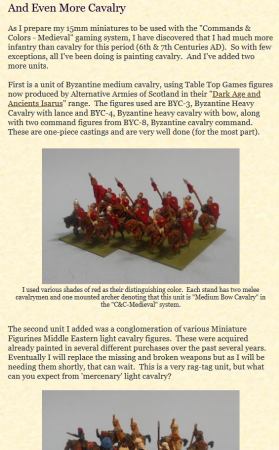After the fall of Jerusalem in 1099, the Crusaders built many churches and rebuilt the walls. In fact, the walls of Jerusalem would be breached at the same spot in the next century.

There are many finds in Jerusalem dating to the times of the Crusaders, though very little in the way of military remains have survived the past 900 years. Some foundations of towers and parts of the walls survive. The best preserved is the southern tower known as the Leather Workers Gate. Several churches and parts of churches survive, along with the structures on the Temple Mount.









